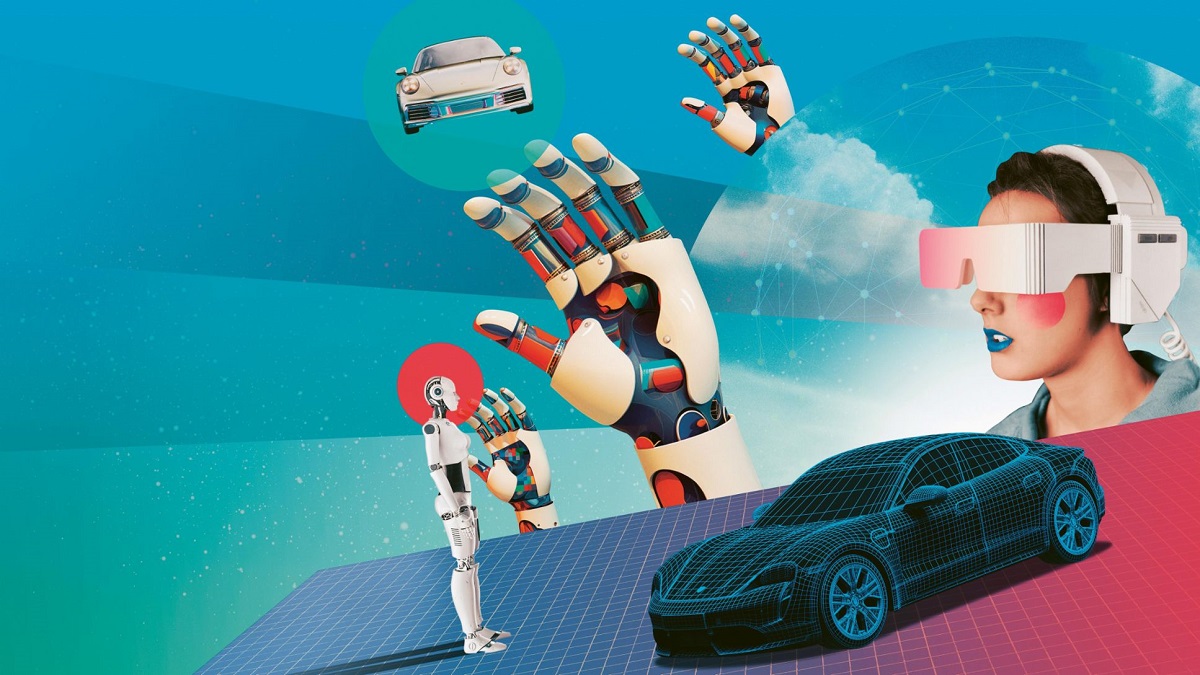The metaverse is becoming a focal point for visionaries in Silicon Valley. Equipped with VR glasses, we might just be on the road to a future where a large portion of our lives will be spent in a virtual reality environment. Maybe not Ready Player One levels of immersion just yet, but the possibility of getting to that point is looking increasingly viable.
Brand manufacturers are leaning toward new opportunities that the metaverse presents, with the idea of selling digital twins of exclusive products in virtual stores. In this metaverse, avatars could accessorise themselves with high-end fashion items such as handbags, watches, and sneakers.
Automotive development is also seen as a potential candidate for integration into the metaverse. Companies like Nvidia are actively promoting their metaverse platforms, such as the Omniverse, which facilitates the creation of digital twins of factories, training robots in simulated environments, and collaborative development efforts across different locations. This shift could enable all or part of vehicle development to take place in the metaverse.
Car design in the metaverse
According to Porsche in a blog post, one aspect of automotive development that could transition to the virtual realm is interior design. Designers could use virtual environments to create and test various interior variants for vehicles, receiving feedback from potential customers long before production begins. Also, the development process itself could be handed over to digital bots teams working in virtual departments, focusing on innovations for medium-term future vehicles.
“To simulate real environments for testing highly automated driving functions, Porsche Engineering has technologies and models that can be used to enrich the metaverse with realistic scenarios,” Porsche wrote. “These models could also be used to take virtual rides in the metaverse—for example, in a metaverse sports car that customers’ avatars could buy at the metaverse dealership.”
NFT vehicles
The article also suggests that blockchain technology could be integrated into the metaverse automotive experience. Virtual vehicles will become non-fungible tokens (NFTs), and mimic the exclusivity of their real-world counterparts. This could open up the possibility for enthusiasts to virtually meet and even organise events like ‘Cars & Coffee’ to showcase their digital sports cars and engage in discussions.
However, the article acknowledges that the success of these virtual endeavours depends on how well consumers embrace the overall virtual setting. While virtual environments can be incredibly detailed and immersive, they still lack the dynamic and physical nature of real-world experiences. The enjoyment derived from virtual environments is real, but the article leaves open the question of whether consumers will fully embrace this shift or if the charm of physical, real-world experiences will forever eclipse the VR experience.
Isa Muhammad is a writer and video game journalist covering many aspects of entertainment media including the film industry. He's steadily writing his way to the sharp end of journalism and enjoys staying informed. If he's not reading, playing video games or catching up on his favourite TV series, then he's probably writing about them.



































